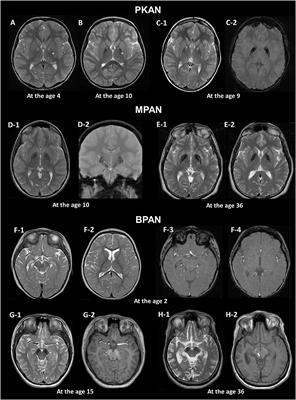Event 3
Last week, I attended Mark Cohen's presentation on the Art and Brain concept we learned in class. I was intrigued by his presentation because he starts to discuss the brain specifically the depictions shown in MRI's. I was gravitated into this presentation because Professor Vesna mentioned the "Octopus Brainstorming" so I wanted to figure out what exactly this was. His work was centered on a philosophical viewpoint in determining how the brain plays a role as a detector.

MRI scan
Cohen starts his presentation by comparing the brain as a detector but towards one's beliefs. He states how an MRI can show signals in which people tend to believe things or disbelieve what is said. This is not 100% accurate but it is an interesting experiment. As a Political Science major, I would be interested how the belief detector will react to political beliefs and how this can be a political use for a society.
Cohen emphasizes how our senses are incomplete so we never can know the whole story of something. Hence, he gives examples of different scenarios and how we (humans) make up for what we might not know. For example, he shows us the image below. He explains how we don't know what happens next but we can make up an inference as to what may occur. We might assume the girl blinks or the masked people move a weapon but we do not know the why or what will happen next.
He addresses Hans Berger and his research which I found to be fascinating as it was a form of an extra sensory perception. He discovered the EEG but the process to his finding was what captivated my attention. Hans Berger had been injured during a training exercise but his sister who lived far away from him had an internal feeling signaling that he was in danger. He started to analyze this as stating that it was a signal that he was able to send her without communicating. Hence in 1962, he discovered the EEG to provide a neurologic and psychiatric diagnostics. This process of communicating without using words is correlated to the Octopus Brainstorming.

Hans Berger
The Octopus Brainstorming is a form of consciousness that exists within us which is why in the process of this experiment, people are placed with an octopus crown on their head. The reason for octopus being the main species for this research is because of their consciousness and intelligent brains. Octupi also do not communicate amongst each other but rather change shape and color. Humans on the other hand, verbally state things to one another in order to have a better relationship. However, what if this doesn't have to be the case. For this experiment, people are told to not think about anything in particulate and just let their emotions flow which can signal brainwaves in the EEG that is connected in the octopus head gear they are wearing. The lights and sounds that are showcased will then show each other if they may be feeling the same way which is a form of communication without it being verbally. This made me wonder how complex the brain is but also being more interested in the kind of research that involves concepts like the Octopus Brainstorming.
Octopus Brainstorming
Citations:
1. Lee, Jae-Hyeok, et al. “Brain MRI Pattern Recognition in Neurodegeneration with Brain Iron Accumulation.” Frontiers, Frontiers, 1 Jan. 1AD, https://www.frontiersin.org/articles/10.3389/fneur.2020.01024.
2. “Octopus Brainstorming @ Speculum Artium.” YouTube, YouTube, 21 Sept. 2017, https://www.youtube.com/watch?v=CqREFT8oWh8.
3. David Ibañez, et al. “Hans Berger:Lights and Shadows of the Inventor of Electroencephalograhy.” Neuroelectrics Blog - Latest News about EEG & Brain Stimulation, 25 Feb. 2020, https://www.neuroelectrics.com/blog/2014/12/18/hans-berger-lights-and-shadows-of-the-inventor-of-electroencephalography/.
4. Hans Berger: From Psychic Energy to the EEG, https://uhdilutions.com/library/hans-berger-from-psychic-energy-to-the-eeg/.
5. Sommer, Valerie. “'Octopus Brainstorming'.” UCLA, UCLA, 14 Nov. 2017, https://newsroom.ucla.edu/stories/octopus-brainstorming.
Screenshot of Attendance:





Comments
Post a Comment